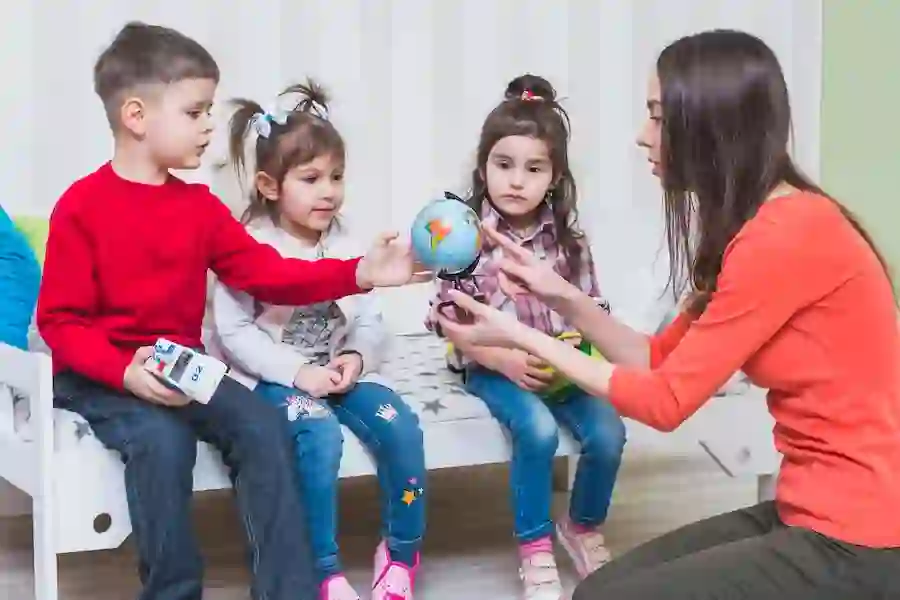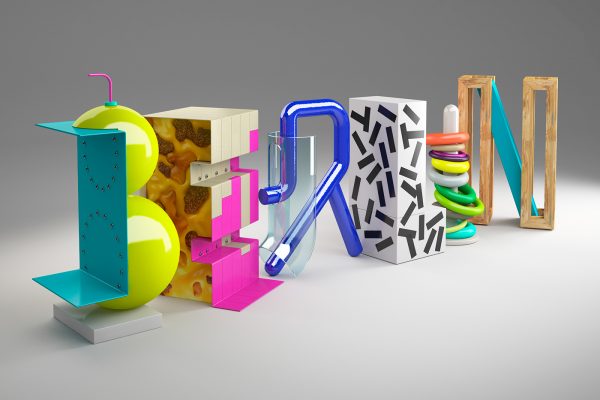The toddler years are an exciting time of discovery and growth. During this period, the brain undergoes rapid development, absorbing information like a sponge and forming connections that will set the stage for lifelong learning. As parents, caregivers, or educators, we have the unique opportunity to nurture this incredible potential and foster a love for exploration and understanding. Encouraging intellectual growth in toddlers not only prepares them for formal education but also cultivates a mindset of curiosity that will serve them well throughout their lives.
Table of Contents
The Role of Environment in Intellectual Growth
A child’s environment plays a pivotal role in their cognitive development. This environment includes not just the physical space, but also the emotional and social atmospheres surrounding them. While formal child care settings can provide structured learning opportunities, it’s essential to recognize that every interaction, every game, and every day offers teachable moments that can stimulate a toddler’s intellect.
Practical Strategies for Boosting Brainpower
There’s no one-size-fits-all approach when it comes to nurturing intellectual growth in toddlers. However, some tried-and-true strategies can be integrated into your daily routine:
- Hands-on Learning: Toddlers learn best through direct experience. Whether it’s playing with blocks, exploring textures, or making art with crayons, hands-on activities help them understand the world around them.
- Encourage Questions: If there’s one thing toddlers have in abundance, it’s questions! Embrace their natural curiosity. Answer their questions, and when you don’t know the answer, explore and find out together.
- Read Together: Storytime is more than just a soothing bedtime routine. It introduces toddlers to new concepts, broadens their vocabulary, and instills a love for reading.
- Engage in Conversations: Even if your toddler’s vocabulary is limited, engage in back-and-forth dialogues. Listen actively to what they’re trying to convey and respond thoughtfully.
The Power of Play
Play is the primary way toddlers learn about their world. Through play, they experiment with ideas, test boundaries, and practice problem-solving. Here’s how to harness the power of play for intellectual growth:
- Provide Open-ended Toys: Toys like blocks, dolls, playdough, and dress-up clothes allow toddlers to use their imagination and creativity, which are crucial components of intellectual development.
- Facilitate, Don’t Direct: Allow your toddler to take the lead in their play. Rather than showing them “the right way” to use a toy, let them explore and come up with their own methods and stories.
- Incorporate Real-world Activities: Toddlers love to mimic adults. Let them “help” with tasks like cooking, cleaning, or gardening. These activities not only teach them about the world but also help develop their motor skills and coordination.
Social Interactions and Intellectual Growth
Social experiences play a significant role in shaping a toddler’s intellect:
- Group Playdates: Interacting with peers teaches toddlers about sharing, cooperation, and empathy. It also exposes them to different ways of thinking and playing.
- Model Positive Behavior: Toddlers are keen observers. By modeling curiosity, kindness, and a love for learning, you’re setting an example they’re likely to follow.
Limiting Screen Time
While technology offers many educational benefits, it’s essential to strike a balance:
- Opt for Quality over Quantity: If you do allow screen time, choose high-quality, age-appropriate educational content that encourages interaction.
- Prioritize Physical Activity: Ensure that your toddler has ample opportunity to play and explore outside. Physical activity not only benefits their body but also supports brain development.
Building brainpower in toddlers is a rewarding journey filled with wonder and discovery. By fostering an environment of love, curiosity, and exploration, we can pave the way for lifelong learning and intellectual growth. Remember that every day is an adventure, and every moment – whether it’s a game, a question, or a simple conversation – contributes to shaping the bright minds of the future.





